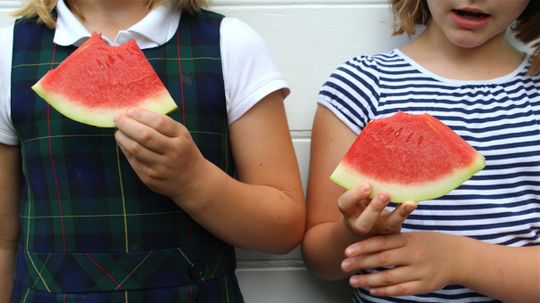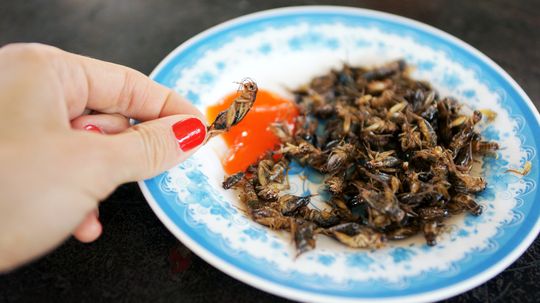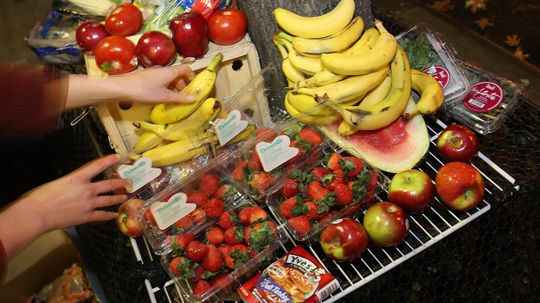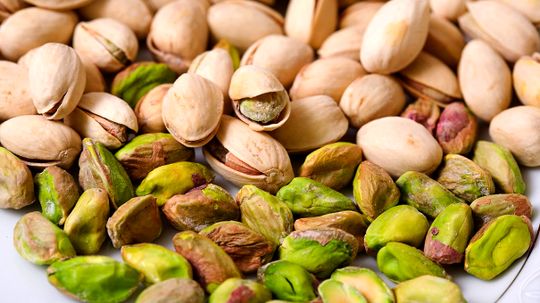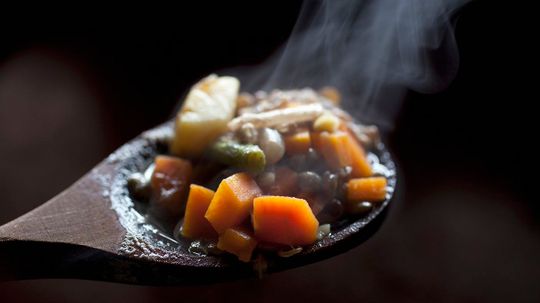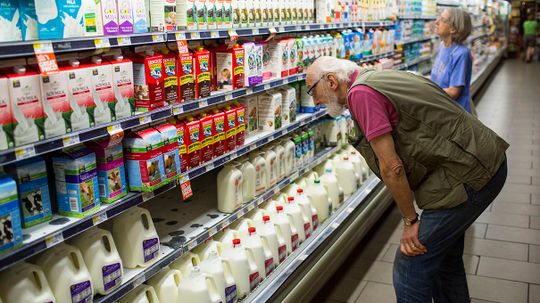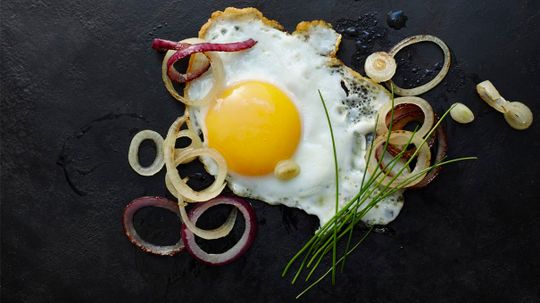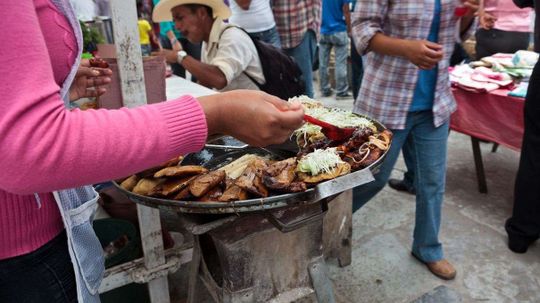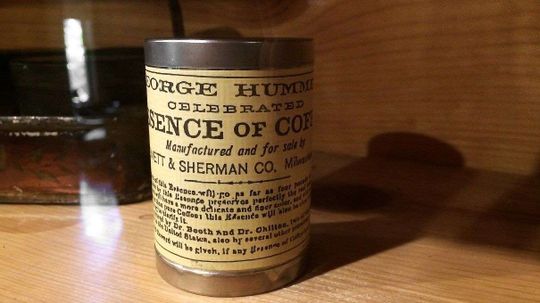Food and Recipes
Here is a place for you to play with your food -- literally: enjoy, have fun with and celebrate food -- but don't worry, we'll still help you get dinner on the table every night.
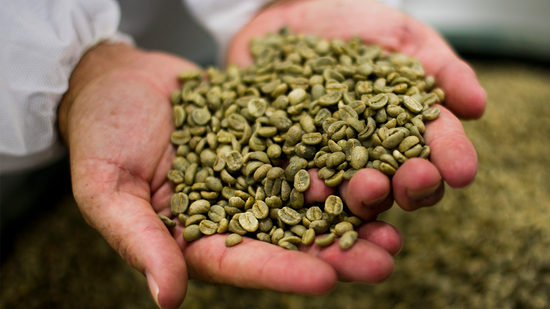
Want a Perfect Cuppa Joe? Roast Your Own Coffee Beans
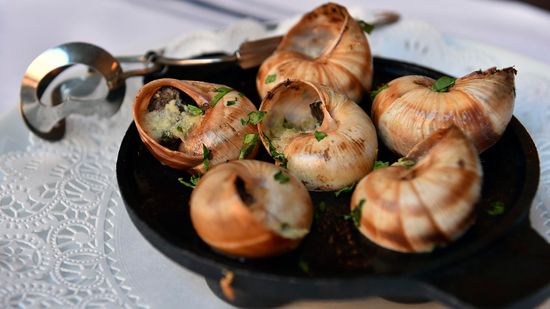
How Escargot Evolved From Snail Snack to Treat for the Elite
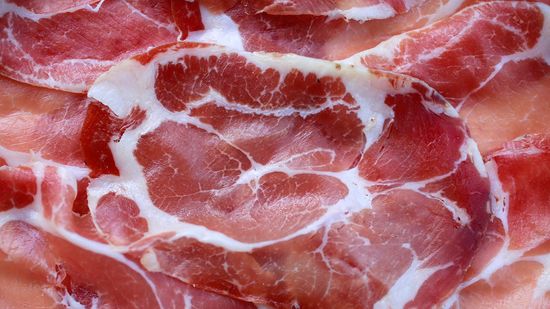
Capicola: The Italian Dried Meat Tony Soprano Called 'Gabagool'

Spread Holiday Cheer With a Good Mulled Beer
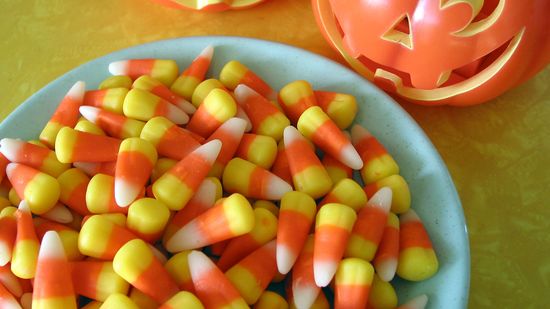
What Is Candy Corn and How Is It Made?

Why Restaurants Are So Loud These Days
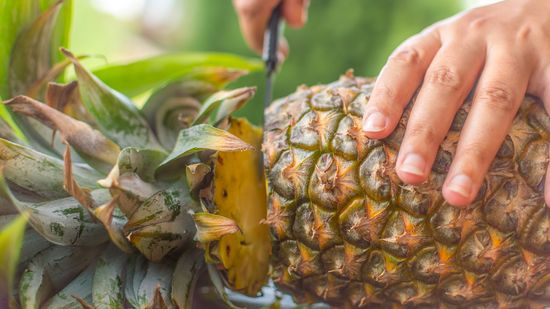
How to Cut a Pineapple in 4 Easy Steps
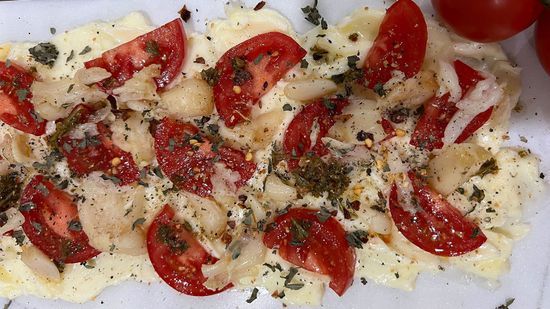
Butter Boards Are Creaming Charcuterie Spreads This Season
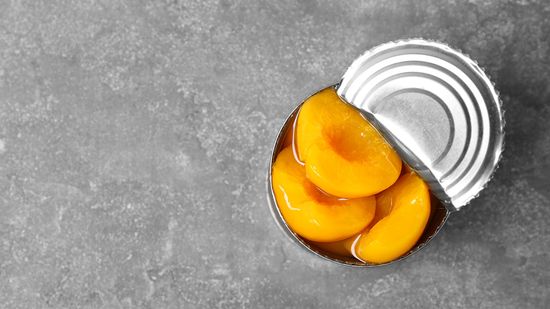
5 Ways to Open a Can Without a Can Opener
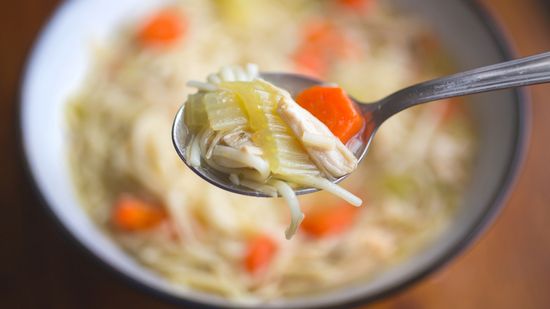
Does Chicken Soup Really Help When You're Sick?
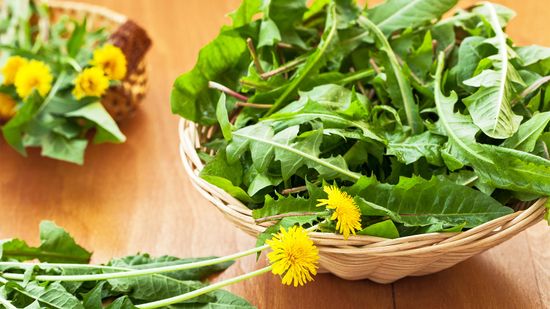
5 Fall Foods You Can Forage in Your Own Neighborhood
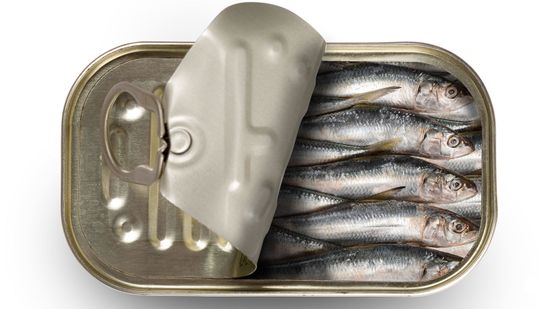
Sardines: The Stinky Little Fish You Should Be Eating
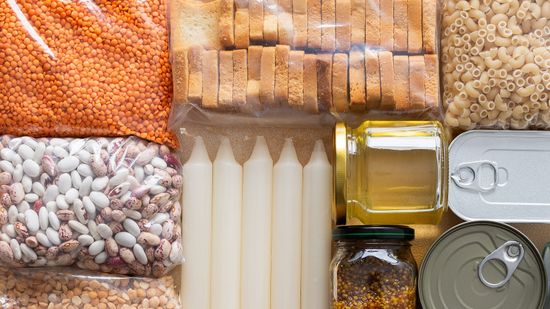
The Longest-lasting Food Items Aren't All Dry Goods
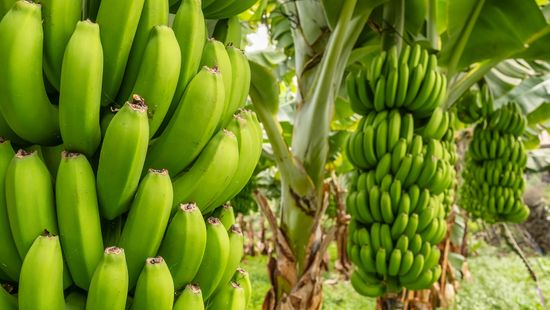
What Is a Group of Bananas Called? A Bunch Isn't What You Think
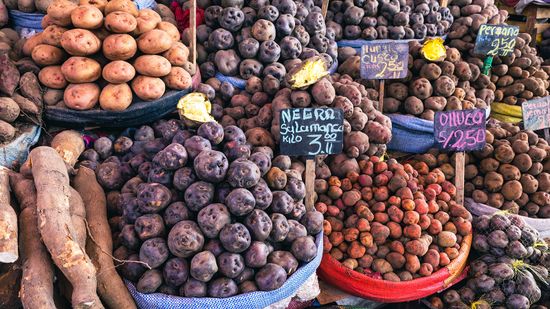
Where Do Potatoes Originate From? Not Ireland
Learn More / Page 15
Almost every country in the world has some dish involving meat cooked over the fire. In the U.S., it's called barbecue. Come with us on a mouthwatering-journey through the history, politics and techniques of barbecue.
Although the percentages of vegetarians in America is fairly split between men and women, an overwhelming majority of vegans are females. What's behind this disparity?
Don't let 'seedless' watermelons fool you - even though they may not prompt constant spitting, they really do have seeds.
Advertisement
Cricket farming is growing in popularity as people learn their nutritional importance, and environmental, economic and social sustainability.
Hunger doesn't always feel like a grumble in the tummy. And a grumble doesn't always mean you're truly hungry, either.
Nondairy milk alternatives are growing in popularity, deemed healthier by many almond and soy milk drinkers. But a new study shows a nondairy milk diet may have an unintended health effect on children.
Whether it's a sheet cake from the grocery store or an elaborate chocolate gateau, cakes are the go-to treat when there's a celebration going on. But how did that start - and what's the chemistry behind your favorite creation?
By Alia Hoyt
Advertisement
Ketchup is one of the most popular condiments in the U.S. and the world. But as people begin to prefer spicier sauces, what's the future of ketchup?
Homer Simpson's favorite snack was once called 'oily cakes.' Find out more about this and other fun facts on doughnuts.
Americans toss nearly 40 percent of the nation's food supply - enough to provide more than two-thirds of the country with a healthy daily diet of fresh fruits and vegetables.
The United States grows billions of dollars of corn every year. Though little of that goes to feeding its citizens. Is that the best farm policy going forward?
Advertisement
People are passionate about coffee, and every connoisseur has an opinion about what to do when hot coffee goes cold. Reheating coffee's complicated.
Walnuts, cashews, almonds and other nuts usually are sold removed from their shell, but not pistachios - that's due to an event that happens during the growing process.
Whether you're into craft cocktails, or just like Jack and Coke, you're sure to be stimulated by our list of facts.
Why, when hungry, do we crave warm food more than something cold? It may have something to do with your nose. Or your gut. Or your brain.
Advertisement
Have you been thinking all wrong about the difference in fat content between milk varieties?
A female chicken lays eggs, regardless of whether they're fertilized by a rooster. If egg-laying doesn't harm the animal, why don't vegans fry up a few?
You've been warned: Five separate studies showed that people prefer to receive gifts they specifically requested rather than being surprised.
Thanksgiving Day is No. 1 for cooking fire accidents, and turkey fryers are a big part of the problem. Here's why, scientifically speaking.
Advertisement
You may love the burn of food that's triple Thai hot, but do your poor taste buds?
By John Donovan
It's not just in your mind - a study showed that pairing cheese with wine made wine taste better. Here's why.
Because that's how much these exclusive Swedish crisps cost. At more than $11 each, they're the world's most expensive. The money's going to charity, but still.
Pre-Columbian civilizations perfected a way of processing corn that's still important.
By Sarah Gleim
Advertisement
The American Civil War was a time of horror, loss and division. Plus many soldiers had to endure a vile, evaporated coffee sludge known as "The Essence of Coffee."
By Robert Lamb
We revisit the idea that a genetic variation may affect how quickly the body breaks down caffeine, affecting the frequency of a certain craving.


